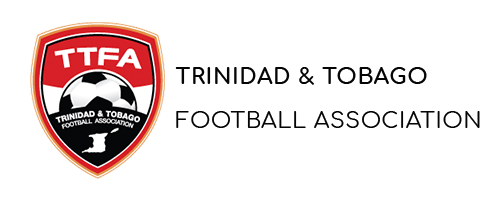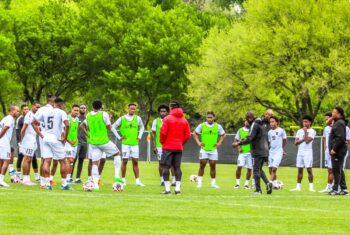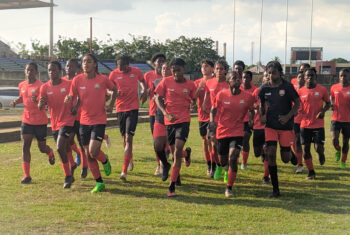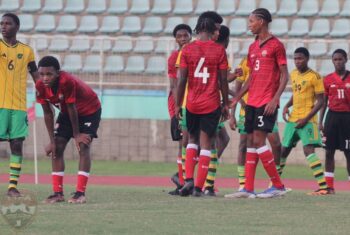TTFA Safeguarding and Declaration Forms
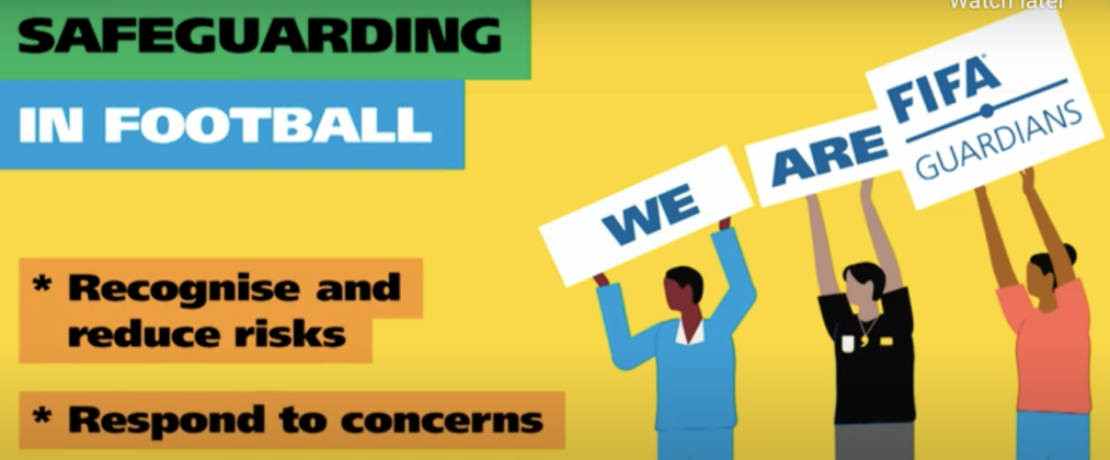
WHAT IS SAFEGUARDING IN FOOTBALL?
Safeguarding means protecting a citizen’s health, wellbeing and human rights; enabling them to live free from harm, abuse and neglect. It is an integral part of providing high-quality health care. Safeguarding children, young people and adults is a collective responsibility.
Safeguarding means taking proactive action to protect people from harm or abuse through appropriate prevention and response measures and promoting their wellbeing. It means doing everything possible to identify and address risks and to prevent any kind of harm or abuse from happening such as physical, sexual, emotional abuse and neglect, trafficking and exploitation. It also means having appropriate systems in place to adequately address and respond to concerns.
Child protection is an essential part of safeguarding and refers to the action taken in response to a specific concern for a child or children who may be suffering or is/are at risk of suffering harm or abuse. It requires referral to specialised child protection services, law enforcement agencies and expert local organisations that are trained to advise on, and manage, cases, if concerns arise about a child’s welfare.
Click here to Download Safeguarding Declaration Form
FIFA’s mission is to promote the game of football, protect its integrity and bring the game to all. As part of that effort, “FIFA’s Vision 2020-2023 Making Football Truly Global” sets out FIFA’s commitment to promote safe sport as part of broader efforts to protect human rights.
veryone in football has the right to protection from harassment, abuse and exploitation – be it physical, emotional or, sexual, neglect or bullying. When members of the football family, such as players, coaches, officials, volunteers or staff members, are subjected to or engage in, abusive behaviour or misconduct, it undermines FIFA’s mission and is inconsistent with promoting the integrity of football and the values of safe sport.
Children (all those under 18) have specific rights to protection, as articulated in the United Nations Convention on the Rights of the Child (1989), because of their need to be cared for and owing to their dependency on others. FIFA also identifies young people over the age of 18, women and persons with disabilities as especially vulnerable groups who must be safeguarded in the delivery of our game.
